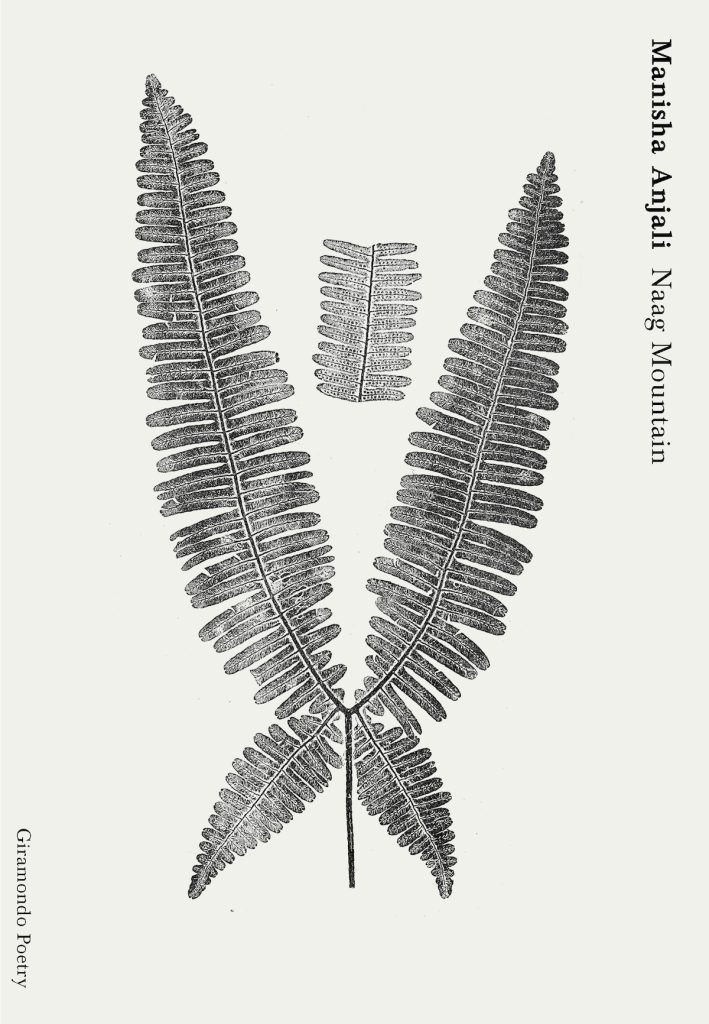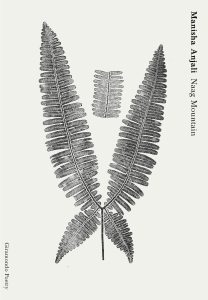An excerpt from Manisha Anjali’s Naag Mountain
The following excerpt is from Naag Mountain, Manisha Anjali’s remarkable debut collection. Anjali is an Australian and New Zealand poet of Indo-Fijian background, the descendant of indentured labourers. Her book is an imagined recovery of the little-known cultural inheritance of a displaced and exploited people.
The film that emerges from the waves in our place of conception, Port Douglas, Far North Queensland, is misty and blue-green. The reel is entangled symbiotically with kelp, sea lettuce and jellyfish. The film stock is full of salt and coral. Images imprinted on plastic film are visible through fragments of algae, sand and micro-civilisations of the sea.
When the two moons are released from shadow, we unravel the living reel and project the propaganda onto the sky. When we hear the ringing of temple bells, we hear songs that have been backmasked. When we hear the singing of conch shells, we hear songs that have travelled generations to be heard.
We are actors in an obscure, banned film called Paradise. Paradise is comprised of footage of the girmit, the haunted ‘agreement’, the Indian indentured labour system which was established after slavery was abolished. We sign contracts we cannot read, then we wipe the bloods from our brows with our eight hands, then we plant our eight hands into the lungs of the South Pacific.
—
Opening scene. Sugar cane plantation on fire. Tea plantation on fire. Copra plantation on fire. Banana, banana. Copra, copra. Fire. Fire wails with choirs of widows and seabirds: girmit songs of longing, mourning cries and culling prayers.
A circle of flames in the ganna field. In the middle is a white horse named Pajero, eating yellow wildflowers. Next to Pajero is Pilgrim with two black braids bound with red ribbons, a gold nose ring, white blouse and white petticoat. Pilgrim has a white chicken in one hand, and a mirror in the other. In the mirror is the reflection of the blue sea.
—
Things we carried on the Leonidas, 1879: our ganja, our nose rings, our holy water from the mouths of our rivers.


